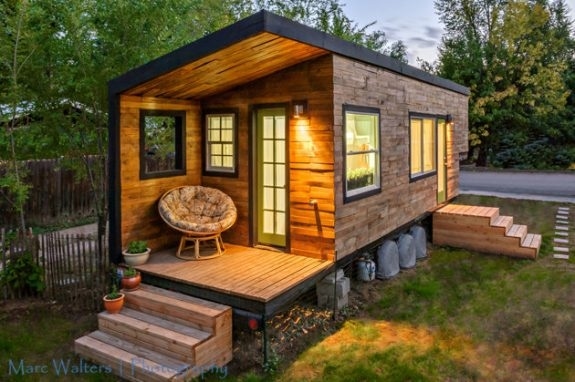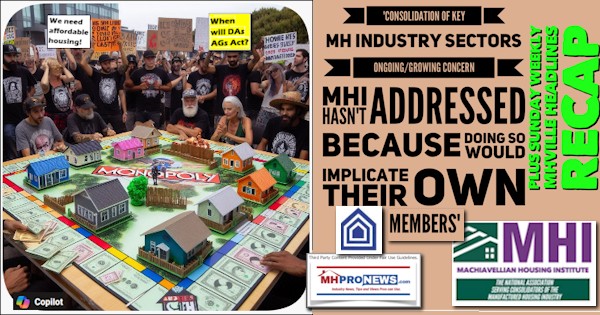
Each home has a bath, kitchenette, loft and spacious porch, and he intends to combine 43 of them into Dignity Village, all connected to walking paths that will lead to a community building with a full kitchen, meeting and recreational space. McKinney needs to rasie $1.1 million to fund the program, according to naplesnews.
He has already purchased the initial $26,000 unit with assistance from Florida Hospital, which he will site on existing UGO property, and hopes to work with Orange County to acquire the additional land. There are many chronically homeless people with disabilities as well as families living in cars, tents, abandoned campers and dilapidated mobile homes that the project will address, charging 30 percent of their income if anything.
“And we’ve designed them specifically to be low-maintenance, colorful, stylish and energy-efficient,” McKinney adds. “This isn’t something that’s just ‘better than being homeless.’ We’re trying to address this huge need to house homeless people who are already in east Orange County,” he says. “And we want to do it without displacing them, which sometimes happens when agencies try to make improvements.”
Another local nonprofit, Family Promise of Greater Orlando, has involved its network of churches to house homeless families, but they have to move each week to a new home, which does not increase a sense of family stability, as MHProNews understands. Family Promise’s new program, Partners in Housing, purchases old manufactured homes and is using volunteers to refurbish them. The participants pay the site rentals and utilities, Partners covers the insurance and some repairs, and if the family can manage the property for a year the home is theirs. A similar program in Michigan has a 97 percent success rate. ##
(Photo credit: Yahoohomes/Marc Walters–tiny home)


























